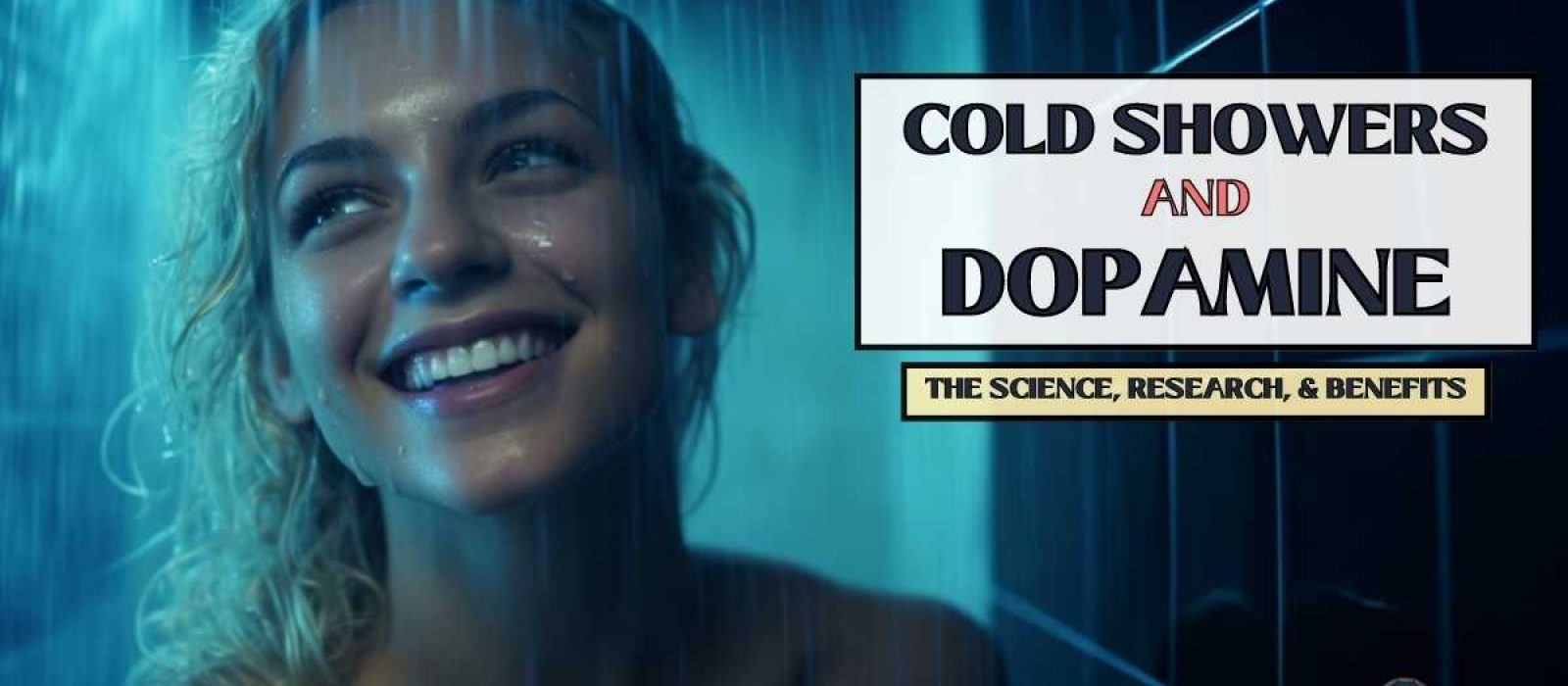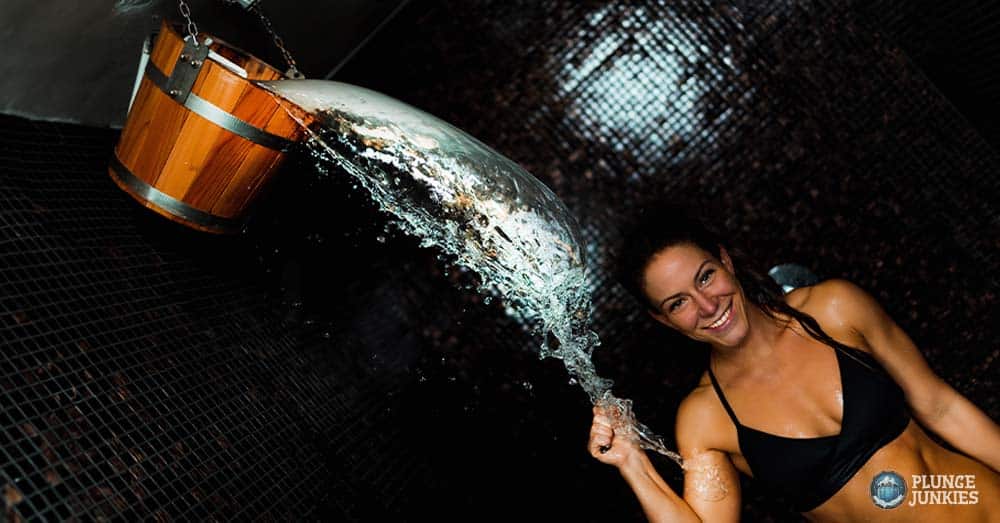
Cold Showers and Dopamine: The Science, Research, & Benefits
Dopamine, commonly referred to as the “feel-good” neurotransmitter, plays an essential role in our sensations of reward, motivation, and pleasure. Surprisingly, cold showers can be a potent stimulant of this neurotransmitter, turning the everyday act of showering into a powerful neurochemical event.
Cold showers increase dopamine levels in the body by triggering the “fight or flight” response, releasing norepinephrine, which also leads to dopamine release. This can positively impact mood, motivation, focus, and pleasure. Repeated cold exposure may enhance the brain’s dopamine response.
Let’s get to it!
How Do Cold Showers Increase Dopamine?
The “fight or flight” response prompts the release of norepinephrine, another neurotransmitter closely related to dopamine. Norepinephrine helps you stay alert and focused and plays a role in the body’s stress response. Interestingly, the pathways in the brain that produce norepinephrine also produce dopamine. So, when cold showers stimulate the release of norepinephrine, dopamine is often released as a byproduct.

Recent Posts

How do stimulants actually work to reduce ADHD symptoms?

Cold Showers and Dopamine: The Science, Research, & Benefits

